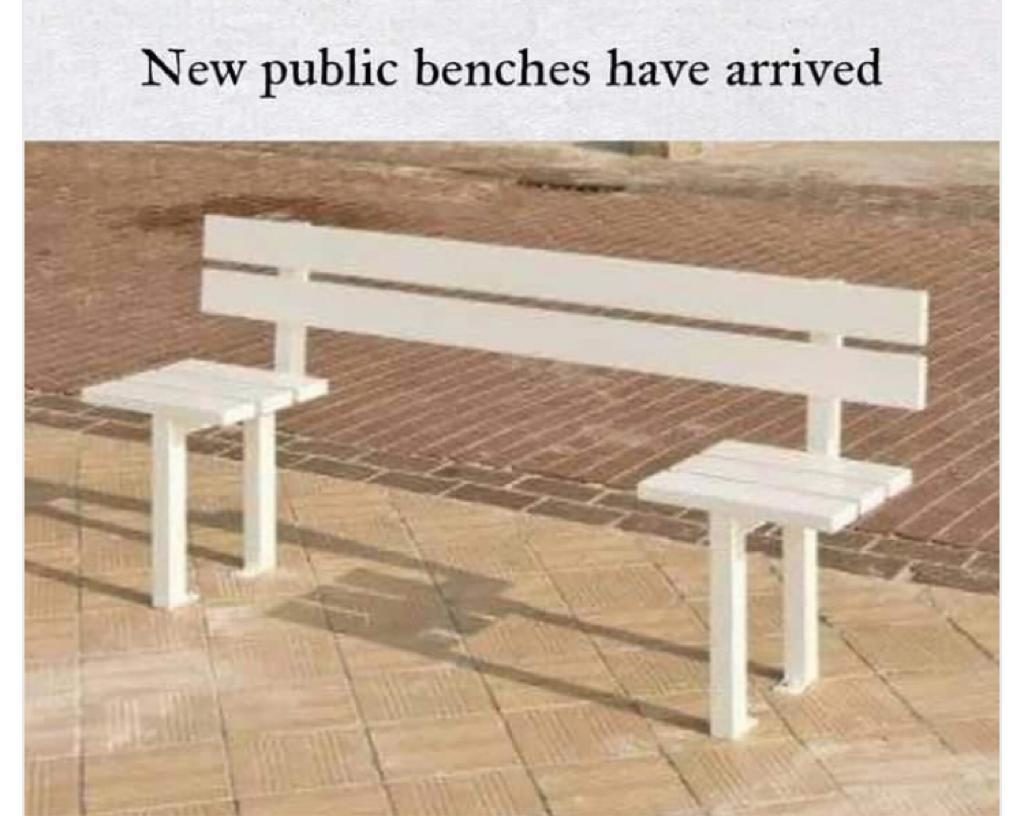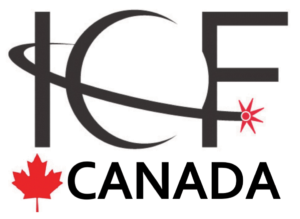
Reimagining our Intelligent Communities
We are living in this pandemic era of COVID19. We are all wary of the public realm. Spatial distancing is the new normal. Urban designers, planners and architects are all scratching their heads about what to do both in this rescue and recovery phase and what the reimaging phase might look like with limited resources available after this protracted period of economic decline.
We can look to history such as the Spanish Flu in 1918-1919 as well as major periods of the World Wars, Depression and more recent recessions, but today with changes in city design, new materials, globalized supply chains, advances in technology and trends toward urbanization, the speed of disruptive change and its resulting transformation are all at a new tipping point.
There are new questions that have not been asked before – by everyone; not just experts in their respective fields. People from all walks of life are learning, perhaps for the first time, about topics such as urban resiliency and even for the first time are wondering about the impact of a pandemic on the urban design of their city. Will we have to live with spatial distancing on a more semi-permanent basis and how does that relate to our streets and sidewalks today? What about the densities in our luxury condos as well as in our affordable housing areas – how can we maintain adequate spatial distancing in these buildings? And what about the ethical densities in our schools, hospitals, senior’s homes, indigenous communities, homeless shelters and prisons? Do we have the resources and expertise to prioritize the post-pandemic era, given the other global disruptors on its heels- most notably climate change, but also the impacts on globalization, urbanization, demographic shifts in age and migration as well as the speed of change related to technology and its impacts on jobs, privacy and data governance. What should our planners and decision makers be discussing now?
This ICF series, sponsored by ICF Canada, will look at urban and regional planning issues that communities around the world are, and will be, struggling with during this period of rescue. Our focus will be on what might it look like following a period of recovery. How do we balance the scarce resources we’ll need to survive and thrive in order to be able to re-imagine what our communities can one day be like? And what must we do in our communities to ready ourselves for the next global disruption?
![]()
![]()
Want to have a voice in iCommunity.ca, the official newsletter of ICF Canada? Please send your blogs, announcements and other interesting content to John G. Jung at [email protected]

ICF Canada 1310-20 Bay Street Toronto, Ontario M5J 2N8 www.icf-canada.com
Contact: John G. Jung at [email protected] 1-647-801-4238 cell
Want to change how you receive these emails?
You can update your preferences or unsubscribe from this list
